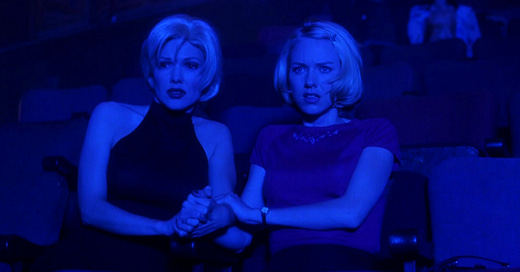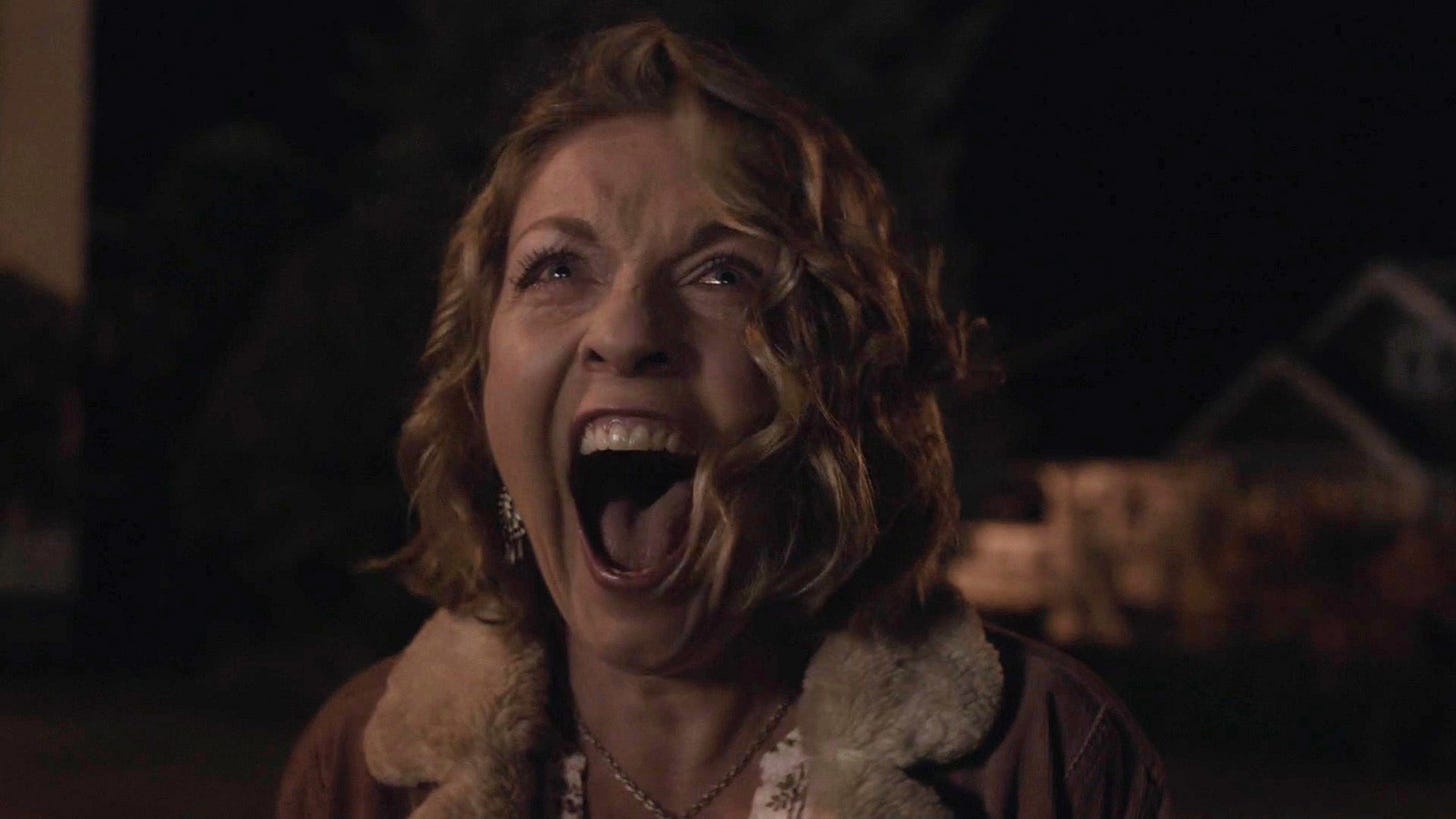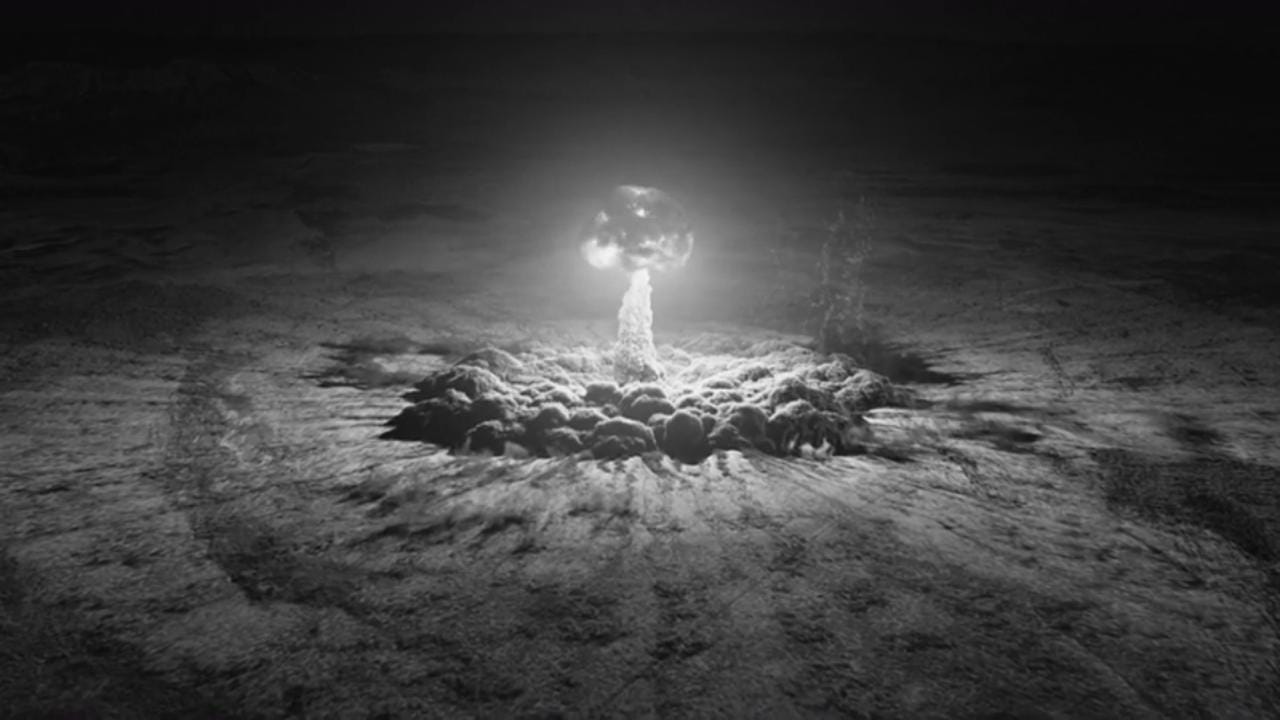Dreams of You: David Lynch (1946-2025)
I was with my parents the first time I watched a David Lynch film. I don’t remember why we were in that Portland motel, or why I decided to put on Mulholland Dr., but suffice to say, we had no clue what we were getting into. I’ve seen Mulholland Dr. four or five times since then, most recently on election night, but it was that first encounter that was the most powerful. My memories of that viewing were primarily sensory: a startling, funny jump scare, a seedy blue club, with inexplicable images and sounds cascading towards the turning of a puzzle box, the cacophonous nightmare of Diane Selwyn’s final moments.
At its purest, the Lynchian impulse is about the breakdown of images and language. It’s a leap towards the ineffable. Lynch made the postmodern and the avant-garde make sense to regular audiences by melding radical form with a recognizable American mythos. He captured the moments where the projections that construct our lives buckle under the weight of humanity, using extremes that could only approximate the depth of love and pain embedded in each of his films. When you watch Mulholland Dr., or Blue Velvet, or Twin Peaks: The Return, or Inland Empire, or Lost Highway, the initial question of “is this allowed” is rendered obsolete in relation to the emotional reality portrayed onscreen. In Lynch’s films, emotion, anguish, ugliness, discomfort, and confusion aren’t just permissible but undeniable. He gave us the freedom to feel.









